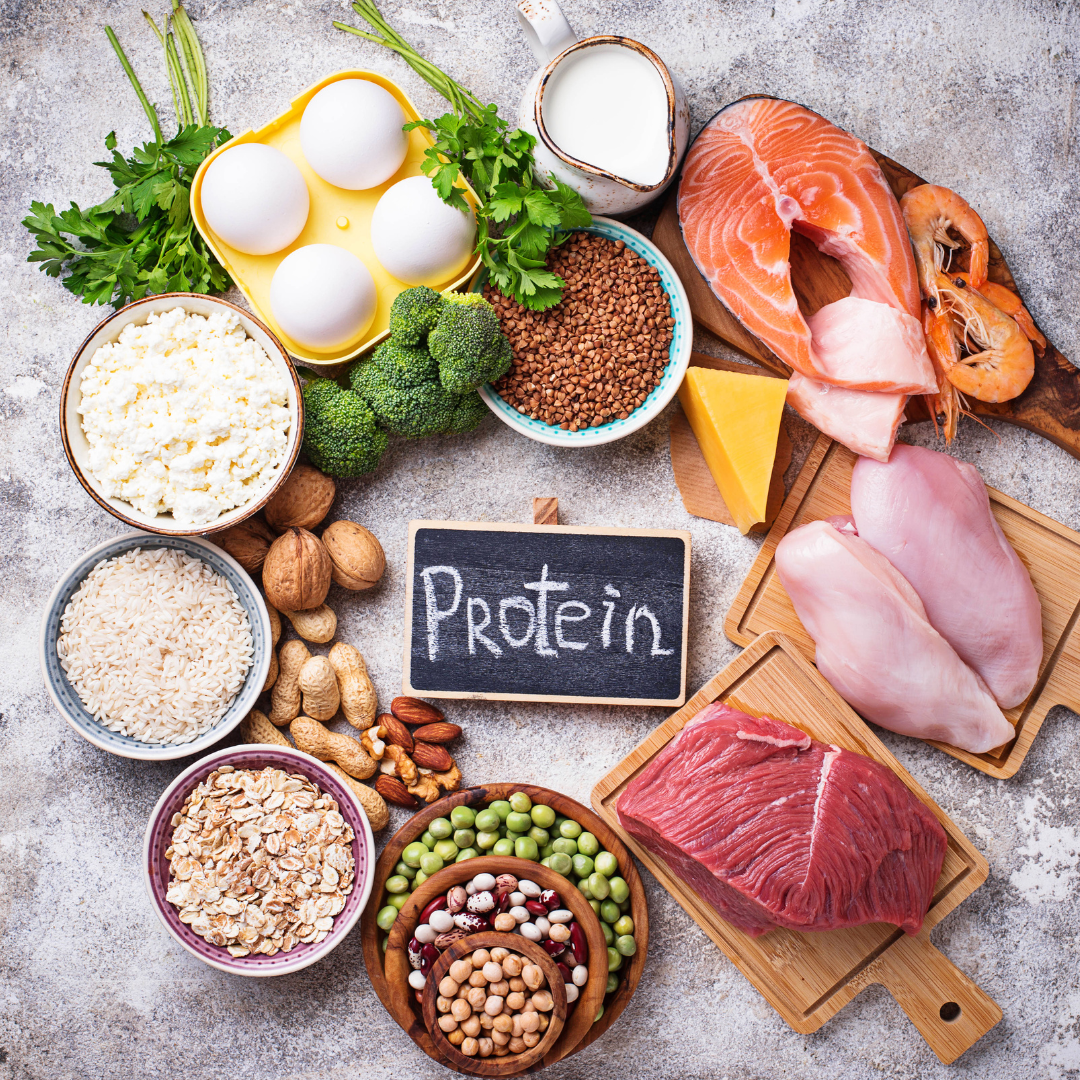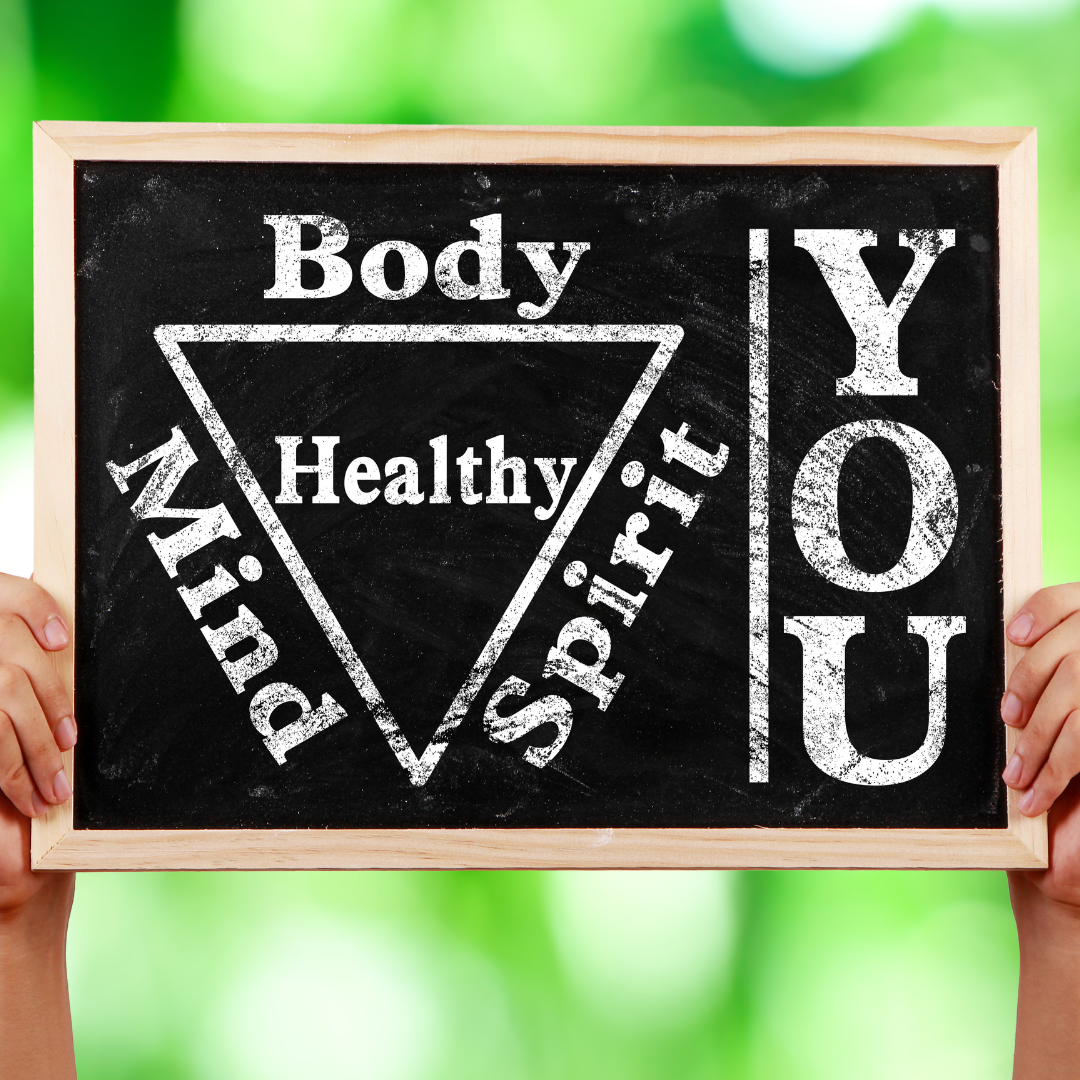1. Introduction
In this article, we will explore the fascinating topic of how protein intake affects strength and body composition. Protein, one of the essential macronutrients, plays a crucial role in various physiological processes. By understanding the relationship between protein intake, strength development, and body composition, we can optimize our dietary choices to support our fitness goals effectively.
2. Importance of Protein
Protein is the building block of life and is vital for the growth, repair, and maintenance of tissues in our body. It consists of amino acids, which are the foundation for building and repairing muscles, organs, and other body structures. Protein is involved in enzyme and hormone production, immune function, and transportation of nutrients.
3. Protein and Strength
Adequate protein intake is essential for individuals looking to improve their strength. When we engage in resistance training or other forms of exercise, we create small tears in our muscle fibers. Protein provides the necessary amino acids to repair and rebuild these damaged muscle fibers, leading to strength gains over time.
4. Protein and Body Composition
Protein intake also plays a significant role in influencing body composition. When combined with regular exercise, a high-protein diet can help promote fat loss while preserving lean muscle mass. Protein has a higher thermic effect compared to carbohydrates or fats, meaning it requires more energy to digest and process. This increased energy expenditure can contribute to weight management and improve body composition.
5. Optimal Protein Intake
The optimal protein intake varies depending on factors such as age, sex, activity level, and goals. Generally, it is recommended to consume between 0.8 to 1.2 grams of protein per kilogram of body weight. However, individuals engaged in intense exercise or strength training may benefit from higher protein intake within the range of 1.4 to 2.0 grams per kilogram of body weight.
6. Protein Timing
Timing protein intake around exercise can enhance its effectiveness. Consuming protein-rich foods or supplements before and after workouts can support muscle protein synthesis and enhance recovery. Pre-workout protein can provide amino acids for fuel and reduce muscle protein breakdown, while post-workout protein can stimulate muscle repair and growth.
7. Protein Sources
Protein can be obtained from both animal and plant-based sources. Animal proteins, such as meat, poultry, fish, eggs, and dairy products, are complete proteins containing all essential amino acids. Plant-based proteins, such as legumes, nuts, seeds, and tofu, can also provide a good source of protein, but may require combining different plant sources to obtain all essential amino acids.
8. Protein and Muscle Recovery
Protein intake after intense exercise is crucial for muscle recovery. Consuming protein-rich foods or supplements can help replenish glycogen stores, reduce muscle soreness, and promote optimal recovery. Including both fast-digesting proteins like whey and slow-digesting proteins like case in can provide a steady supply of amino acids to support muscle repair and growth throughout the day.
9. Protein and Fat Loss
Protein plays a significant role in fat loss and weight management. It helps increase satiety, keeping you feeling full for longer periods, which can prevent overeating and support calorie control. Additionally, a high-protein diet can help preserve lean muscle mass during periods of calorie restriction, ensuring that weight loss primarily comes from fat rather than muscle tissue.
10. Protein and Muscle Gain
For individuals aiming to build muscle, protein intake is crucial. Muscle growth relies on a positive balance between muscle protein synthesis and breakdown. Consuming an adequate amount of protein, especially in combination with resistance training, provides the necessary building blocks for muscle protein synthesis, leading to muscle hypertrophy and strength gains.
11. Protein and Satiety
Protein-rich foods have been shown to promote feelings of fullness and satiety. This can be beneficial for those trying to manage their weight or control their calorie intake. By incorporating protein into meals and snacks, you can curb cravings and reduce the likelihood of overeating, ultimately supporting your overall health and fitness goals.
12. Protein and Aging
Protein becomes increasingly important as we age. Older adults may experience age-related muscle loss, known as sarcopenia, which can lead to functional decline and increased risk of falls and fractures. Adequate protein intake, combined with regular exercise, can help slow down the progression of sarcopenia and maintain muscle mass and strength in older individuals.
13. Potential Risks of Excessive Protein Intake
While protein is essential for overall health and fitness, excessive protein intake may have potential risks. Very high protein diets can put strain on the kidneys and may lead to increased calcium excretion, potentially affecting bone health. It is important to consult with a healthcare professional or registered dietitian to determine an appropriate protein intake that suits your individual needs and goals.
14. Conclusion
In conclusion, protein intake plays a vital role in strength development and body composition. It provides the necessary amino acids for muscle repair, growth, and recovery. Optimal protein intake, combined with regular exercise, can promote strength gains, fat loss, and muscle development. It is important to consider individual factors such as activity level, goals, and age when determining the appropriate protein intake. By incorporating protein-rich foods into your diet and timing protein consumption around exercise, you can optimize your results and support your fitness journey.
15. FAQs
1. How much protein should I consume daily for muscle gain?
The recommended protein intake for muscle gain is generally between 1.4 to 2.0 grams per kilogram of body weight. However, individual needs may vary, and it's best to consult with a healthcare professional or registered dietitian to determine the appropriate protein intake for your specific goals.
2. Can I get enough protein from plant-based sources?
Yes, plant-based sources can provide an adequate amount of protein. Legumes, nuts, seeds, tofu, and other plant-based protein sources can be combined to obtain all essential amino acids. However, it may require a bit more planning and variety to ensure you meet your protein needs compared to animal-based sources.
3. Is it necessary to consume protein immediately after a workout?
While consuming protein after a workout can enhance recovery and muscle protein synthesis, it is not necessary to consume it immediately. The anabolic window, once thought to be very short, is now considered to extend for several hours post-exercise. Focus on consuming an adequate amount of protein throughout the day rather than solely relying on immediate post-workout protein intake.
4. Can high protein intake be harmful to kidney health?
High protein intake can potentially strain the kidneys, especially in individuals with pre-existing kidney conditions. However, for healthy individuals, there is limited evidence to suggest that high protein intake is harmful to kidney health. It is important to note that individual tolerance to protein intake may vary, and it is always recommended to consult with a healthcare professional or registered dietitian to determine the appropriate protein intake for your specific circumstances.
5. Can I consume too much protein?
While protein is essential for various bodily functions, excessive protein intake can have potential risks. Very high protein diets may lead to nutrient imbalances and strain on the kidneys. It is important to maintain a balanced diet and consult with a healthcare professional or registered dietitian to determine the optimal protein intake for your individual needs.










Leave a comment
This site is protected by hCaptcha and the hCaptcha Privacy Policy and Terms of Service apply.